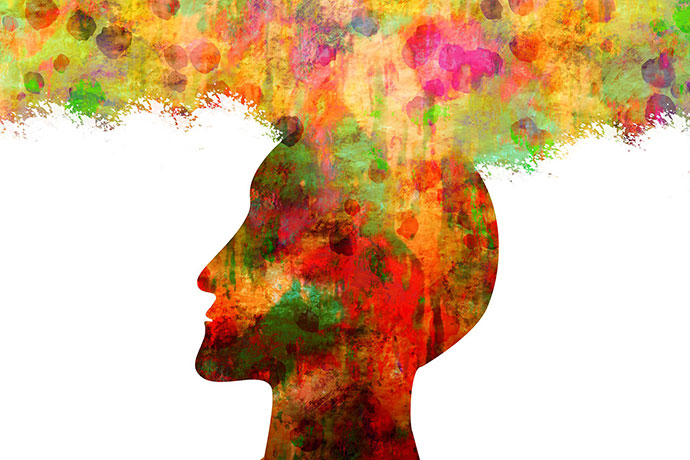We have all experienced moments in our lives where we did not know what to do next. Moments where we have faced a decision and felt a bit overwhelmed or found we did not have the motivation to do something we knew we should be doing. While these moments can feel random, by looking at psychology, we can better understand our own minds, our triggers, and plan for how we want to respond when faced with a situation we are having trouble processing.
What is psychology?
Studying psychology is a good idea if we want to understand why we think what we think and do what we do. Psychology is the scientific exploration of the human mind and its functions, especially those factors that affect our behaviour. We will find that there are many free courses and TED talks exploring practical applications of psychology, which are a good way to get a taste of this field of study.
For some of us, we will discover we want more than a taste and will decide to take the next step. We might even consider including psychology as part of our career path. We might choose to explore psychology doctoral programs, which allow us to do research and find new ways to help others process and respond to their lives. Getting a psychology degree is a good choice if we want to better understand our own minds as well as use that knowledge to help others.
How psychology impacts buying habits
We have all experienced the impact of psychology in our lives, including as recently as the last time we went to buy something in the store or online. For example, there has been a lot of psychological research done on how colours can impact buying habits.
Red is known by marketers to create a sense of urgency, which is why many clearance tags are red. The colour yellow is known to grab window shoppers’ attention. Orange creates a visual call to action and is often used for subscribe or buy now buttons.
There has been similar psychological research into the effects of product location on buying habits or the impact of the time of day. Understanding psychology means we can avoid making that impulsive purchase we will regret later.
How psychology impacts media consumption
We have all found ourselves scrolling on social media, looking up to discover that hours have gone by. Psychology can help us understand why we fall into such media consumption patterns and how we can change these patterns. Studies have shown that specifically, we’re more likely to get sucked in if we view many photos or videos in a row, if we consume multiple pieces of similar content, or if we are uninterrupted while consuming that content. Knowing this, we can set boundaries around our consumption and find ourselves less likely to have spent a whole afternoon online.
How psychology impacts motivation
Psychology can help us understand our own motivations. Sometimes, even when we know we must accomplish a task, we still struggle to find the motivation we need. According to psychology, some tricks we might try include writing down our plans while making sure to incorporate rewards such as after we work on a project for one hour, we can get up and make ourselves a cup of tea as a break. In other cases, psychology suggests we might find gamifying our tasks can help, such as imagining each assignment is helping us go further in an adventure game.
Psychology has also shown that if we work to connect with our communities, we are more likely to be able to see how our work is part of a bigger project that is making a difference. Sometimes, simply knowing that what we are doing is meaningful can help us improve our motivation.
There are a number of areas in which having a better understanding of how our minds work will help us improve our lives and feel like we are thriving. Psychology impacts everything, including how we can stay motivated, why we often go down rabbit holes when we are online, and even our own purchasing choices. The more we study psychology, the better we will be able to respond to the world around us.
Discover more from Tanveer Naseer
Subscribe to get the latest posts sent to your email.

